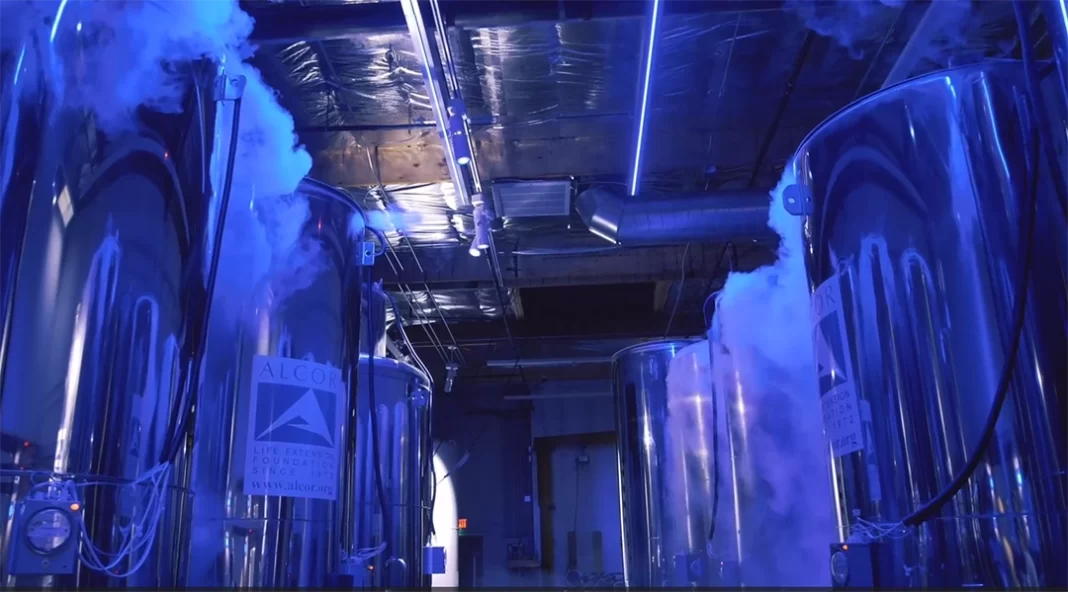Cryonics, the practice of preserving human remains at extremely low temperatures in the hopes of future revival, has long been a subject of fascination and debate. In the Southern Hemisphere, a pioneering facility called Southern Cryonics has opened its doors, offering individuals the opportunity to undergo cryopreservation. However, experts and skeptics raise questions about the feasibility and ethical implications of such endeavors.
The Concept of Cryonics
Cryonics involves the preservation of the human body at cryogenic temperatures, typically around -196°C, with the expectation that future advancements in medical technology will be able to repair age-related damage and revive the preserved individuals. The process utilises cryoprotective chemicals to prevent ice crystal formation and vitrification to maintain cellular integrity.
Southern Cryonics Australia’s First Cryonics Facility
Situated in the rural town of Holbrook, New South Wales, Southern Cryonics has gained attention as the first known cryonics facility in the Southern Hemisphere. The facility, opened in February 2023, aims to store human remains in liquid nitrogen with the hope of potential reanimation in the distant future.
The Perspective of Southern Cryonics
Peter Tsolakides, the director of Southern Cryonics, acknowledges that there are no guarantees in cryonics. He emphasises that the facility does not promise to bring individuals back within a specific timeframe. Clients who choose cryopreservation pay fees ranging from $50,000 to $70,000, with additional life insurance policies worth approximately $200,000 to cover the costs.
Scientific Skepticism
While cryonics captivates the imagination, experts express skepticism about its feasibility. Scientists argue that the current technologies used in cryonics cannot successfully revive frozen bodies. They emphasise the vast complexity of preserving memories, behaviors, and overall consciousness. Furthermore, they highlight the absence of established medical techniques for reviving preserved bodies.
Legal and Ethical Considerations
The legal and ethical aspects surrounding cryonics raise thought-provoking questions. The classification of cryonics facilities as cemeteries and mortuaries, as well as the status of preserved bodies if revival were to become possible, present complex legal challenges. Additionally, concerns arise regarding the finite time limits imposed on trusts that hold the funds necessary for long-term cryopreservation.
Public Perceptions and Controversies
Cryonics has sparked varying opinions and controversies. Critics argue that cryonics exploits people’s vanity and fear of death, and question the morality of investing significant resources in a speculative endeavor. Proponents, on the other hand, argue for the freedom to choose how long one wants to live and the potential future benefits of advancements in medical technology.
In the words of Peter Tsolakides, director of Southern Cryonics, ‘We’re not saying we will get you back in 200 years. We make that very clear to the people who have joined us.’ This statement encapsulates the essence of Southern Cryonics and the wider field of cryonics—an endeavor that combines hope and uncertainty. As the scientific community expresses skepticism and experts caution about the current limitations, it is evident that the pursuit of extended life and the intricate balance between life and death pose profound challenges. Cryonics serves as a reminder that the boundaries of science and the intricacies of our existence continue to intrigue, urging us to engage in ongoing discussions and thoughtful contemplation.





